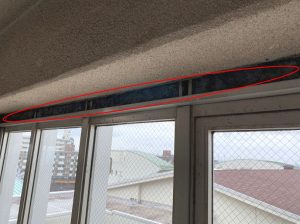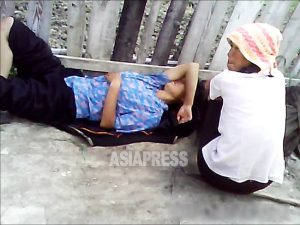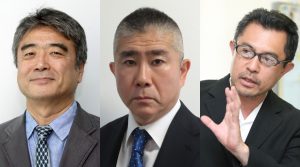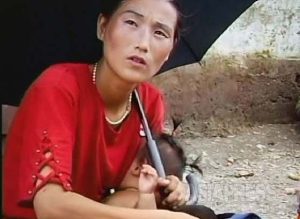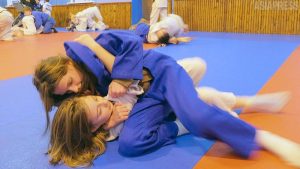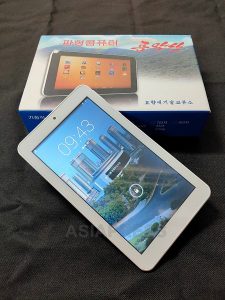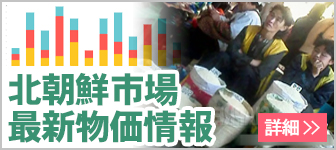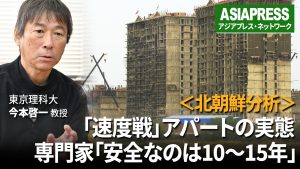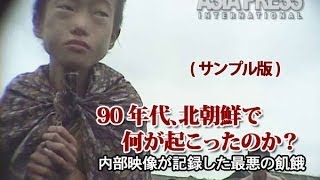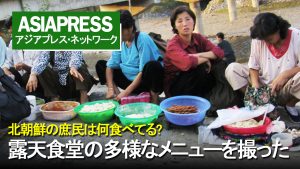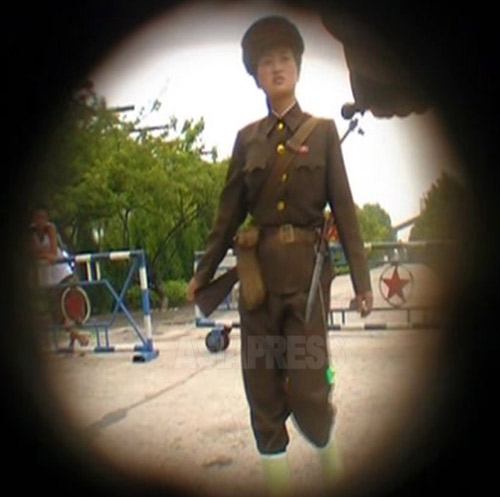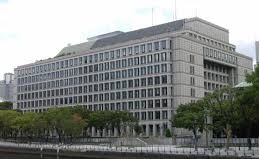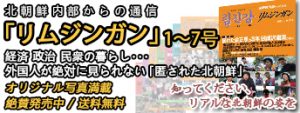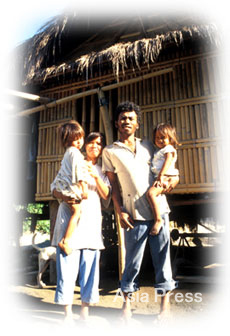 "May I see your camera?" Comrade Jude requested, when he had finished eating. I took the camera from my bag and handed it to him. I turned it on, and he looked through its viewfinder. He returned it without any comment, and asked me about its cost, about my monthly salary, and about my work.
"May I see your camera?" Comrade Jude requested, when he had finished eating. I took the camera from my bag and handed it to him. I turned it on, and he looked through its viewfinder. He returned it without any comment, and asked me about its cost, about my monthly salary, and about my work.
"The camera isn't mine," I said. "It was loaned to me by my office." Then I gave him an approximation of my salary, and described my documentary: "It is about the Aetas as an indigenous people and their struggle to survive after the eruption of Mt. Pinatubo."
"What 'struggle to survive'?" His voice was high and sarcastic. "They have been struggling to survive even before the eruption of Mt. Pinatubo. You have no story! I have given you a chance, but you failed. As a result, under our revolutionary government, you are banned from filming in our guerrilla zone. If you try to enter our zone, we will arrest you. You will be tried by a people's court."
"The story here," he said, pointing his forefinger to the ground "is about land-grabbing and open-pit mining. You should make films about these issues."
"But these very subjects will be tackled in passing in my story," I said, after regaining my composure.
"No, I've already given you the chance to explain yourself but you failed." He was vehement in his dogmatism. "I know," he went on, "you are making a documentary because you want to earn big money. I know they pay you thousands of dollars to make films like that. This film is not for the Aetas. It is for your self. You want to become rich and make a name for yourself. You are making a film about the Aetas because you want to expose and ridicule their primitiveness."
"What rubbish!" I thought. "Why don't you make your own film about your favorite issues?"
"We have to take your camera!" he exploded.
If I were a farmer, he is depriving me of my carabao. If I were a rebel like him, he is depriving me of my M-16. He wants to deprive me of a tool I use to make my living.
Turning to Mulawin, he said: "We must not allow outsiders to enter our place. We must protect our ancestral lands. If we allow others to enter here, sooner or later, big multinational companies will come and destroy our lands. They will bulldoze our mountains and get all the gold. Our ancestral lands would vanish."
But Mulawin came to my rescue. He told Comrade Jude that we have been good friends and that I've been trying to help his family. He told him I have not done anything wrong in his village. Comrade Joshua, the Aeta leader, answered Mulawin.
"The first thing you should remember," he said, "is the future of our ancestral land. What your friend is doing is purely for his selfish interest. We should first protect the interest of our own race."
Comrade Joshua, being an Aeta, has more authority to speak on ancestral lands than Comrade Jude, who, like me, is a lowlander. Speaking meekly and politely, Mulawin continued to defend me.
"But comrades, you should not take my friend's camera. I'm begging you, please don't take it," he said. Mulawin and his wife are on the verge of tears.
"We already told you," Comrade Jude turned to Mulawin "why we're taking your friend's camera." His voice was firm. But he was conscious not to openly antagonize Mulawin.
Mulawin continued to defend me. "But if you do this, do you think you can gain the trust of the Aeta people to your cause?"
Brave words! I applauded my friend, silently, for his courage.
"You really can't understand," Comrade Jude said. He was visibly restraining his anger. "We've explained everything and still you can't understand!"
Realizing his faux pas, Mulawin said: "If that's your decision, I cannot do anything." He kept silent.
During this time, Comrade John didn't say a single word on my behalf. For Comrade Jude is not only the eldest of the rebels, but also the most powerful.
Comrade Jude, Comrade John and Comrade Joshua talked among themselves. I gathered from their gestures that they were talking about me. After a few minutes, they called Mulawin. Comrade Jude and Comrade John told him something. Mulawin suddenly became silent.
It was already midnight but no one seemed to be going to sleep. It was a good sign for me because I knew they were going to leave soon. But on the other hand, I was terribly scared, not so much because of the camera but more due to the prospect of being taken with them as a prisoner.
Comrade John approached me. Comrade Jude stayed at a listening distance.
"Comrade Rey," he spoke gently, "I'm sorry we have to take your camera. You are making a film, not for the Aeta people but for your own personal interest. We can not see how our comrades here in this village could benefit from your project."
I pity Comrade John for having been humiliated by his own comrade. Those words are not his; they are Comrade Jude's. It would have been better if Comrade Jude said it himself to me.
"Don't worry," I said to Comrade John, acquiescing to the rebels' wishes, "I know you don't want to do this, but you have to. You can give my camera to Comrade Jude."
I opened my bag and gave it to Comrade John. He handed the camera to Comrade Jude. Now they were ready to go. The rebels packed up at lightning speed. Once done, they all stood up. Comrade Jude then gave his parting shot to me.
"Make sure you're not going to report to the military after we've left. Because if you do, we will punish you..." he said.
"I'm not a spy," I said, teary-eyed. "I'm a journalist."
"You have to prove that first," he said. "Wherever you go, even in Japan, if you betray us, we have allies all over the world to go after you."
It was Comrade Joshua's turn to speak: "Remember, we can kill the enemies of the people... We can kill you." Comrade John was unusually silent.
"I know that," I said. "I know you can kill me. No doubt about that. But I assure you, I'm not a spy."
The armed propaganda units of the New People's Army quickly assembled into formation. They moved swiftly and silently under the light of the silvery moon. They disappeared into the hills. And there were no more dogs barking.

